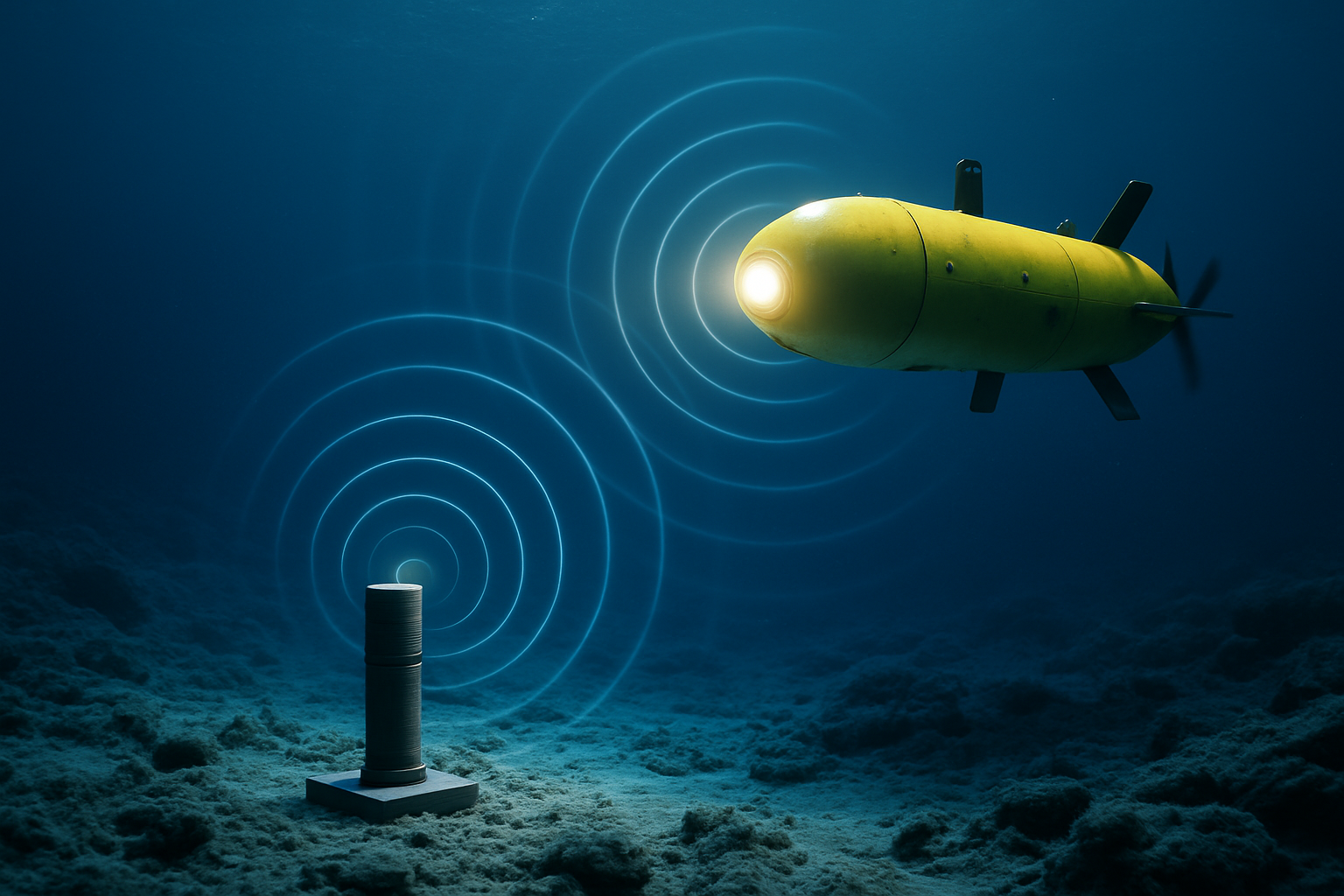Uncharted Waters: The Legal Complexities of Deep Sea Mining
The ocean floor, a vast and largely unexplored frontier, holds untold riches in the form of mineral deposits. As technology advances, the possibility of deep sea mining becomes increasingly feasible, bringing with it a host of legal and environmental challenges. This emerging industry sits at the intersection of international law, environmental regulation, and economic interests, creating a complex legal landscape that nations and corporations must navigate.

International Legal Framework
The United Nations Convention on the Law of the Sea (UNCLOS), established in 1982, serves as the primary international legal framework governing deep sea mining. UNCLOS created the International Seabed Authority (ISA), an autonomous organization responsible for regulating mineral-related activities in international waters. The ISA is tasked with developing regulations, issuing exploration and exploitation contracts, and ensuring the protection of the marine environment.
The Common Heritage of Mankind Principle
A key concept in deep sea mining law is the principle of the common heritage of mankind. This principle, enshrined in UNCLOS, stipulates that the resources of the deep seabed beyond national jurisdiction belong to all of humanity. As such, the benefits derived from these resources should be shared equitably among all nations, with particular consideration given to developing countries. This principle presents unique challenges in balancing commercial interests with global equity.
Environmental Regulations and Precautionary Approach
Given the potential environmental risks associated with deep sea mining, the ISA has adopted a precautionary approach in developing regulations. The Mining Code, a set of rules, regulations, and procedures issued by the ISA, aims to ensure that marine mining activities are conducted in an environmentally responsible manner. These regulations require environmental impact assessments, the establishment of preservation reference zones, and the implementation of best environmental practices.
Contractual Regime and Sponsoring States
The ISA operates a contractual regime for deep sea mining activities. Entities wishing to explore or exploit deep sea resources must enter into contracts with the ISA, which are sponsored by a state party to UNCLOS. This system of sponsorship creates an interesting dynamic, as sponsoring states bear responsibility for ensuring that contractors comply with international regulations. This arrangement has led to the development of national legislation in some countries to govern their sponsorship activities and mitigate potential liabilities.
Intellectual Property and Technology Transfer
An often-overlooked aspect of deep sea mining law concerns intellectual property rights and technology transfer. UNCLOS contains provisions encouraging the sharing of technology related to deep sea mining, particularly with developing countries. However, these provisions have proven challenging to implement, as they potentially conflict with existing intellectual property regimes and the commercial interests of technology developers.
Dispute Resolution Mechanisms
Given the complex and potentially contentious nature of deep sea mining, robust dispute resolution mechanisms are crucial. UNCLOS established the International Tribunal for the Law of the Sea (ITLOS) to adjudicate disputes arising from the interpretation or application of the convention. Additionally, the ISA’s regulations provide for a separate dispute settlement system for conflicts related to mining contracts.
Balancing Economic and Environmental Interests
One of the most significant challenges in deep sea mining law is striking a balance between economic development and environmental protection. While the potential economic benefits are substantial, the environmental risks are equally significant and not fully understood. Legal frameworks must evolve to accommodate scientific discoveries about deep sea ecosystems and adapt to technological advancements in mining techniques.
The Role of Non-State Actors
Environmental organizations, scientific institutions, and indigenous communities play an increasingly important role in shaping deep sea mining law. These non-state actors contribute to the development of regulations, participate in environmental impact assessments, and advocate for stronger protections. Their involvement highlights the need for inclusive governance structures that consider diverse perspectives in this emerging field.
Future Legal Developments
As deep sea mining moves from exploration to exploitation, the legal landscape will continue to evolve. Key areas for future development include the refinement of environmental regulations, the establishment of liability regimes for environmental damage, and the development of benefit-sharing mechanisms. Additionally, as new technologies emerge, such as autonomous underwater vehicles, legal frameworks will need to adapt to address novel challenges and opportunities.






